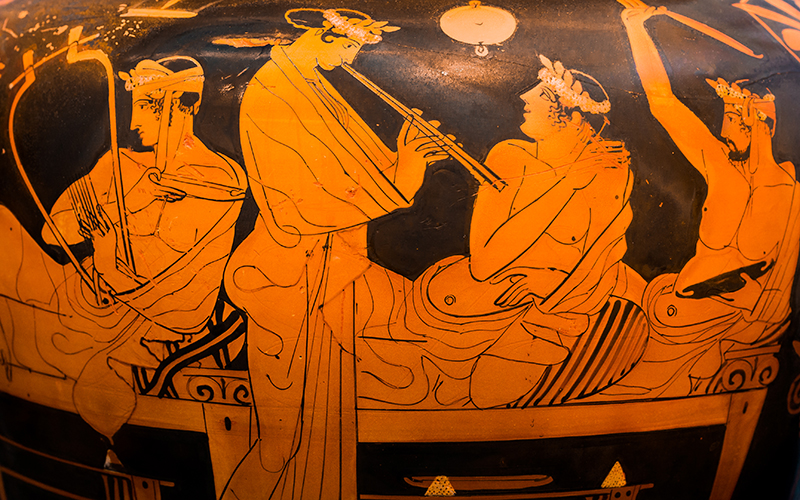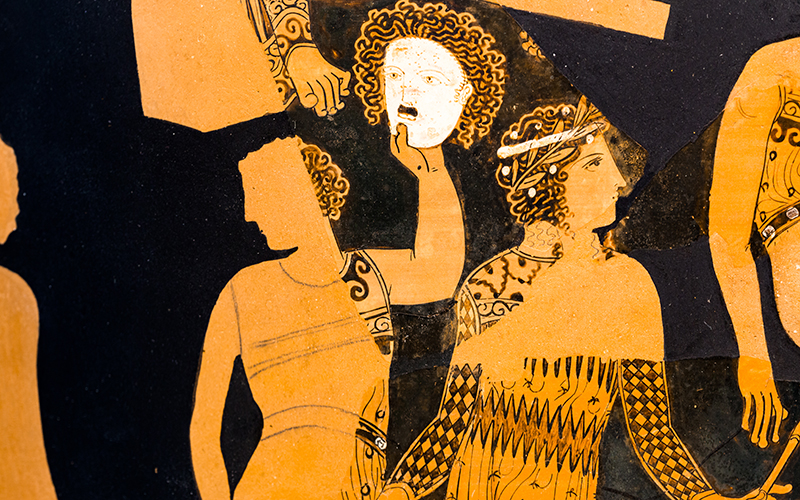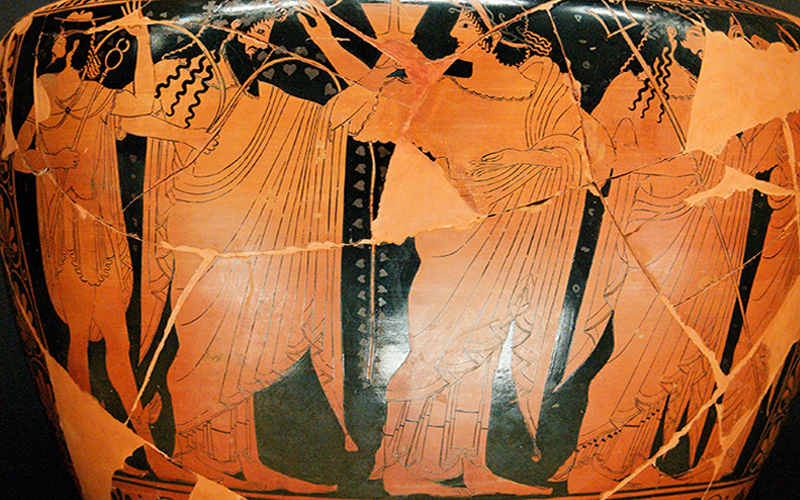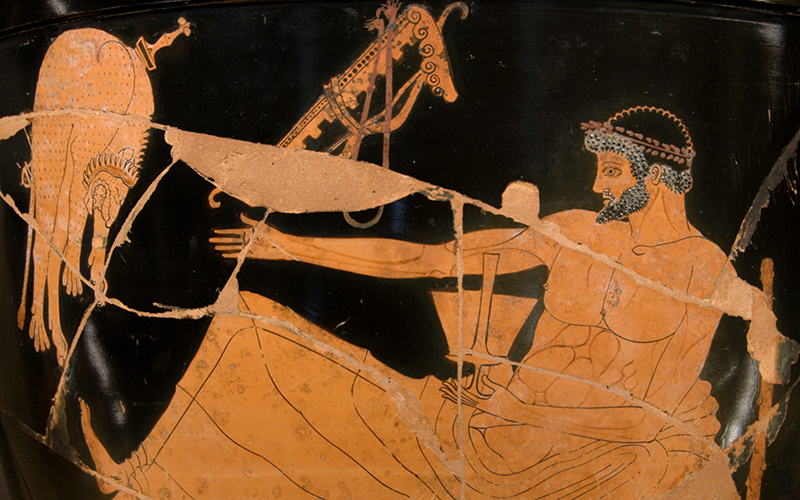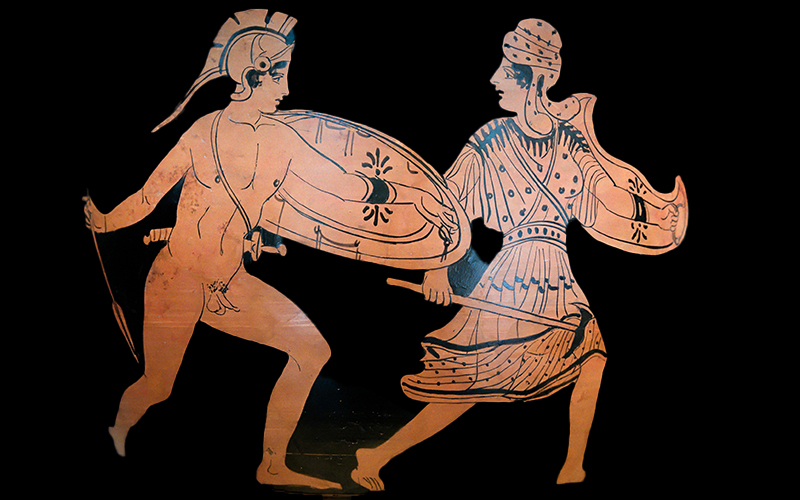
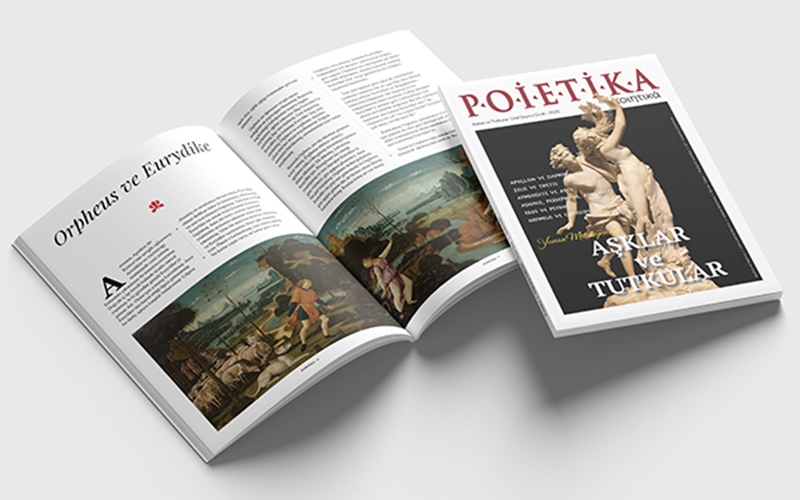



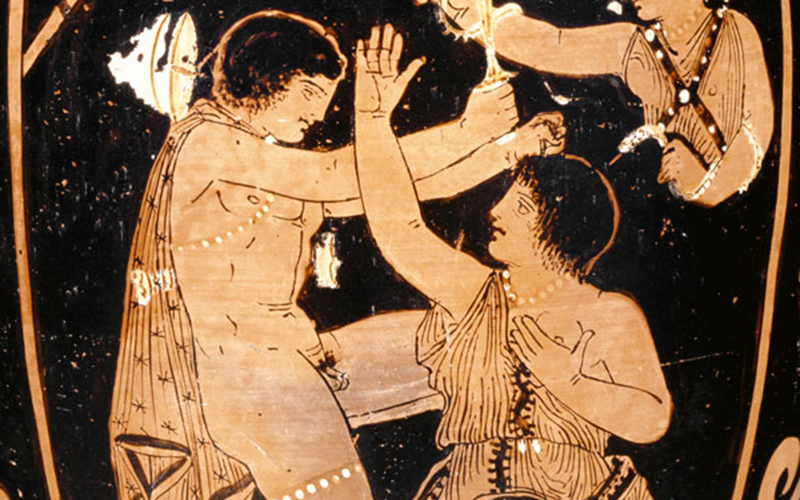
In a shocking turn of events in Mycenae, Orestes has killed his mother, Queen Clytemnestra, and her lover Aegisthus, claiming vengeance for the murder of his father, Agamemnon.
It is well known that King Agamemnon, before setting sail for the Trojan War, had sacrificed his daughter Iphigenia to appease the goddess Artemis and secure favorable winds. To lure Iphigenia and Queen Clytemnestra to Aulis, he falsely claimed that Iphigenia was to be married to the hero Achilles.
Upon discovering the truth, both mother and daughter pleaded with Agamemnon to stop the sacrifice. But the king turned a deaf ear to their cries.
Despite their desperate pleas, Iphigenia was taken to the altar. However, according to reports, Artemis replaced her with a deer at the last moment and transported the girl to Tauris to serve as a priestess in her temple.
Heartbroken and furious, Clytemnestra waited years for Agamemnon’s return. The moment he stepped back into his palace after the fall of Troy, she exacted her revenge and murdered him.
Fearing for the life of her younger brother, Electra secretly took the boy Orestes out of Mycenae and raised him in hiding—waiting for the day he would avenge their father’s death.
Years later, a grown Orestes returned to Mycenae, accompanied by his loyal friend Pylades. Disguised as a messenger bringing news of Orestes’ death, he reunited with his sister Electra. Together, they plotted their revenge.
The siblings’ plan was carried out swiftly. Queen Clytemnestra and Aegisthus were slain, restoring what Orestes believed to be justice.
But no blood goes unpaid. The Furies, goddesses of vengeance, immediately took pursuit of Orestes, tormenting him with madness and guilt.
